Google Voice Alternative - Top 5 Services in 2024
10 min. read
Published on
Read our disclosure page to find out how can you help Windows Report sustain the editorial team Read more
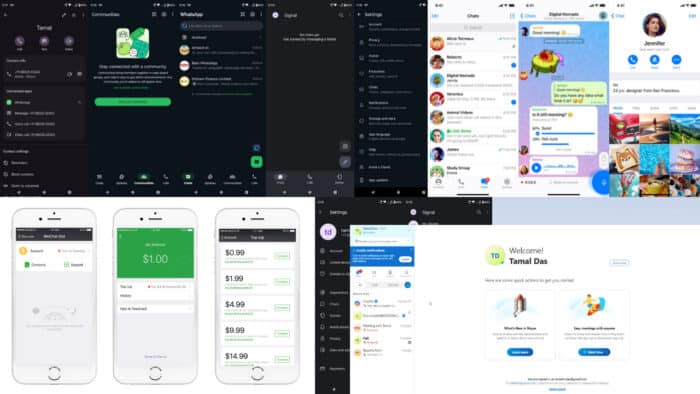
Looking for the best and most affordable Google Voice alternative? Here, you’ll find the top five services suitable for various personal and professional uses.
Google Voice is a great way to call personal and business contacts in local and global locations. However, it packs various limitations, like higher calling rates, learning curve, and limited availability. Sometimes, it’s just not the right telephony product for your needs.
So, check out this ultimate list to reduce telephony costs and enhance your user experience.
5 Best Google Voice Alternatives
Now, let’s check out the features, functionalities, and pricing of these internet-based calling apps:
WhatsApp – Best All-in-One Solution

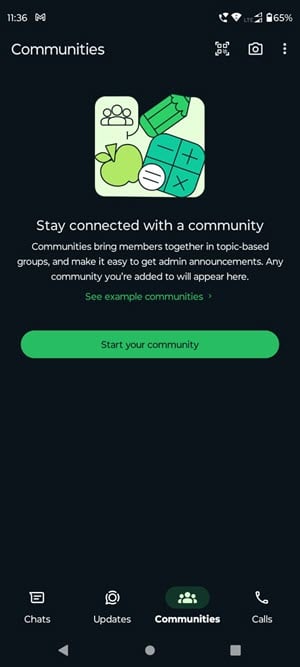
WhatsApp is the best free Google Voice alternative when considering the international calling feature. You can call anywhere in the world if you know their linked mobile number.
Additionally, figuring out whether someone is using the app is easy. You just look up the availability in the Connected apps section of the contact details. Besides phone calls, you can also send rich text messages, images, documents, videos, Google Maps locations, phone book contacts, and more.
Moreover, WhatsApp ensures stringent privacy for all data shared with friends or professional contacts. Your telephony or messaging with the other party goes through an end-to-end encryption process. So, it’s challenging for various hackers and agencies to learn what content or audio you share with the recipient.
If you’re a business in need of automated communication with leads and customers, you can upgrade to WhatsApp Business. Already many commercial entities from e-commerce, banking, finance, etc., are also using this too. Moreover, it gives you priority access to WhatsApp API so you can affordably run a full-fledged contact center using a few telecallers and email executives.
Pricing: WhatsApp for personal use is completely free. If you need to make calls and send marketing messages, you can get WhatsApp Business for as low as $0.025/ Marketing conversions, $0.004/ Utility conversions, $0.0135/ Authentication conversions, and $0.0088/ Service conversions. It follows a usage-based billing with up to 1,000 free conversions per month.
| Pros | Cons |
| Free for personal and limited business use. | The recipient must be using the app and connect online so you can call them. |
| Available for desktop PCs and smartphones. | Integration with advanced telephony hardware is limited, and highly dependent on the manufacturer. |
| Virtually no learning curve. | Setting up WhatsApp as a VoIP service is complicated and requires assistance from technical experts. |
| Protects user privacy and security with stringent encryption policies. | It might suffer downtime due to authorities in various countries banning the app for various reasons. |
| Available in more than 180 countries. |
Signal – Best for Privacy
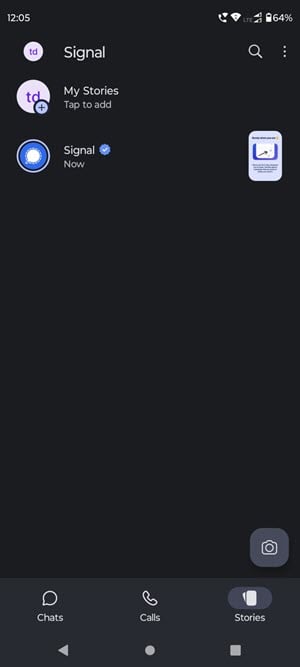
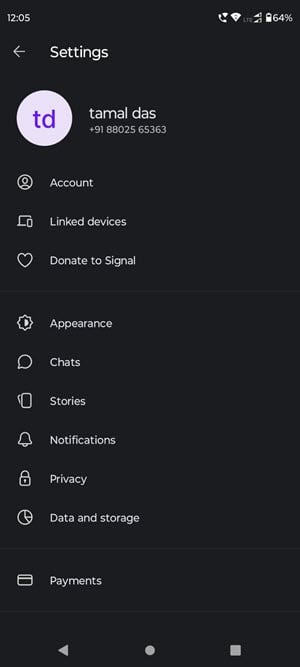
If you’re looking for a Google Voice alternative for personal telephony, Signal is the best choice from the privacy and security point of view. It creates end-to-end encryption for all calls and texts using an open-source encryption protocol.
Also, it’s virtually immune to bans by authorities because you can connect to its servers using Proxy IP addresses. Furthermore, the Proxy service providers won’t learn about you or the data you share.
Another great privacy feature is the option to limit the visibility of your mobile number to third parties. Therefore, a stranger can’t know whether you’re using the app. It helps you escape telecallers and marketers.
Furthermore, Signal follows a donations-based development system. It’s funded by its users and patrons across the world. So, there’s very little chance of it being acquired by tech giants. Privacy-concerned internet users consider it the best platform for personal phone calls and chats.
Pricing: It’s free for everyone. You can donate if you like.
| Pros | Cons |
| Free for personal use. | Both the caller and recipient must be online. |
| Stringent encryption system to protect your data. | Doesn’t easily integrate with home or business phone hardware. |
| Works on all platforms, like smartphones, Windows, macOS, Linux, etc. | Not the most suitable for business marketing and sales calls. |
| You can create encrypted stickers. | It doesn’t permit dual-SIM usage. |
| Supports message scheduling on Android. | Integrates with business marketing platforms and CRMs with limited features. Often, such integration requires technical expertise. |
Telegram – Best Cloud Solution

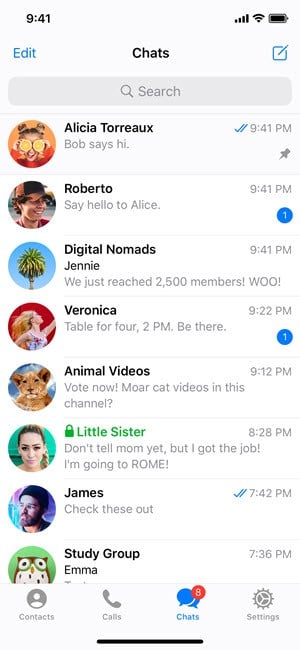
Telegram is a free messaging app that lets you make and receive calls, send texts, and even share files, all from your phone or computer. But unlike Google Voice, Telegram offers a few extra features.
First, Telegram is incredibly private. It’s really hard and often impossible for hackers and agencies to intercept your messages and calls in this app. Second, it’s lightning-fast. It uses a sophisticated data delivery system to send messages from one corner to another of the earth in milliseconds.
Finally, there are advanced functionalities, like secret chats, self-destructing texts, file sharing, voice, video calls, and bots that can play games or deliver trending news.
Pricing: Telegram is free. However, you can upgrade to the Premium plan for faster downloads, greater file upload quota, doubled limits for chats, channels, links, and more. It costs $4.99 per user per month.
| Pros | Cons |
| All short and long-distance calls are free. | Doesn’t integrate seamlessly with Google Workspace apps. |
| You can create a community consisting of up to 200,000 members. | Additional telephony features, like call screening, call forwarding, call waiting, etc., aren’t available. |
| Advertisements don’t show up on private messages. | Spammers and scammers can use Telegram to cause you harm. |
| It’s source code is open to everyone. You can develop custom apps to suit your personal or business needs. | It’s not natively suitable for business marketing and operations. You must hire a few expert developers to customize the Telegram source code and develop a custom app. |
| You can configure messages to destroy after some time. | Mobile data or broadband internet connection is mandatory for real-time calling and messaging. |
| Telegram is cloud-based so nothing is stored on your device. You can access messages and calls from any device simultaneously. | Its device verification system often breaks. The automatic call often doesn’t verify the mobile or the SMS activation code never arrives. |
WeChat – Best for Affordable VoIP
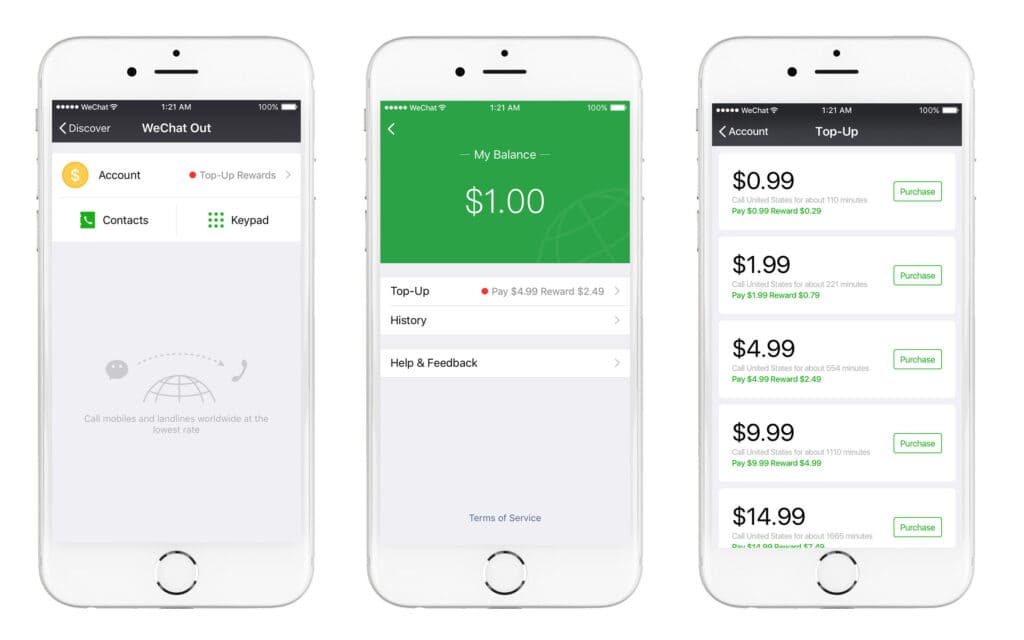
WeChat is a popular private communication app in mainland China and in many other countries. It’s a great app to make calls, send texts, share videos, send stickers, pay bills, shop online, etc.
If you’re outside mainland China, you can also use its VoIP feature. It offers international calling at the most affordable rate compared to any other provider. Currently, you can use WeChat international and local calling to landlines from Hong Kong, the United States, Macao, Italy, Malaysia, Thailand, Singapore, Laos, Saudi Arabia, Australia, Vietnam, and Myanmar.
Moreover, you can automate bulk calling and messaging with customers, users, leads, and more via the API feature. It allows you to operate WeChat Login, Pay, Messaging, Mini Programs, and Open Platform, from third-party CRMs.
Pricing: WeChat is completely free for international and regional calls. However, if you wish to call someone who’s not on the platform or a home phone, you can buy WeChat Out credits. For $1, you get almost 100 minutes of calling credits. For business marketing and sales, you can get the WeChat Official service for a minimal fee.
| Pros | Cons |
| It’s popular in the mainland China. | Some users, specifically in Europe and North America, are concerned about its data privacy and security practices. |
| It’s not just for calling and texting. You can use it as a social media platform for personal or business brands. | It restricts various payments and social media features outside mainland China. |
| WeChat offers affordable API services and development tools for customer service, sales, marketing, and e-commerce. | Stringent internet restrictions in mainland China often reduce user experience for calling and messaging. |
| You can send texts offline and WeChat will deliver that when you and the recipient go online. | It might suffer from surveillance by Chinese authorities. |
| You can use the mini apps without downloading them. | Integrating with VoIP hardware is challenging due to its limited presence in the Western hemisphere. |
Skype – Best for Microsoft 365
If you’re already a Microsoft 365 subscriber or operate your business online using its domain solutions, you can also check out Skype and Skype for Business as a Google Voice alternative. It allows you to send texts, make calls, and share files online with Skype contacts for free.
Additionally, you can use its web, desktop, and mobile app platforms to host online meetings. You can invite people to connect with you for free with a simple link. Users can quickly enter a virtual meeting even without installing Skype. The free version allows up to 99 participants per virtual conference.
Skype also offers a more elaborate package for local and international calls than most other popular VoIP apps like Google Voice. For example, you can buy a US calling plan for just $3. Calls to any mobile or home phone number will be free for the subscription period. Moreover, you can buy a Skype number from popular business destinations, like the USA, the UK, Canada, Germany, Hong Kong, Brazil, Ireland, and more.
Pricing: You can use Skype for free, or you can purchase a calling plan for international calls.
| Pros | Cons |
| Skype integrates easily with VoIP phones, softphones, SIPs, etc. | International calling costs are higher than Google Voice. |
| Skype-to-Skype calling is free. | Skype’s VoIP calling quality is often poor compared to Google Voice. |
| Skype international calling is available as a package for various destinations and as a pay-as-you-go plan. | The desktop and mobile app consumes extensive system resources, like CPU, memory, and storage space. |
| Skype number is available for up to 25 countries. | |
| You can own up to 10 Skype numbers as an individual user. | |
| It also offers local and international SMS texting. |
How I Chose the Best Google Voice Alternative
Here are the most important factors I considered while making my selection:
- Affordability: The above services offer free app-to-app calling. Some of these products offer VoIP calling as well at the lowest possible rates.
- Data security: I’ve listed only options that care about user data privacy and security.
- End-to-end encryption: All of the products mentioned above come with standard to enterprise-level encryption systems so your calls and texts stay private.
- Availability: Apps like Telegram, Signal, and WhatsApp are accessible from most countries around the world. For communications within mainland China, WeChat is highly reliable.
- User experience and interface: All the apps listed above offer easy-to-use interfaces. Hence, you rarely go through any learning curve except when you need to use API services for automation.
Summary
So, now you know which Google Voice alternative to go for if you don’t find the service suitable.
If your calling and texting needs are limited to personal use cases, go for apps like WhatsApp, Signal, Telegram, WeChat, etc. These require the Internet for direct messaging and calling.
For bulk messaging and calling, you can try WhatsApp Business, Skype, WeChat, and Telegram.
Do you know a better alternative to Google Voice than the ones listed here? Feel free to write about that in the comment box.
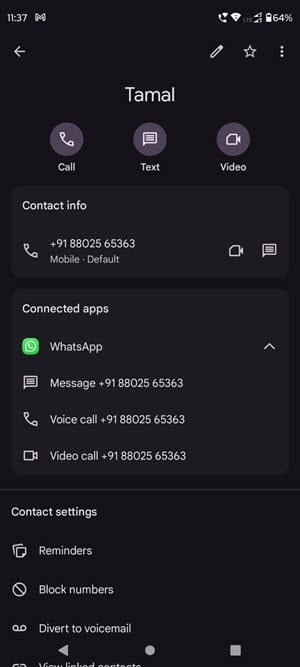

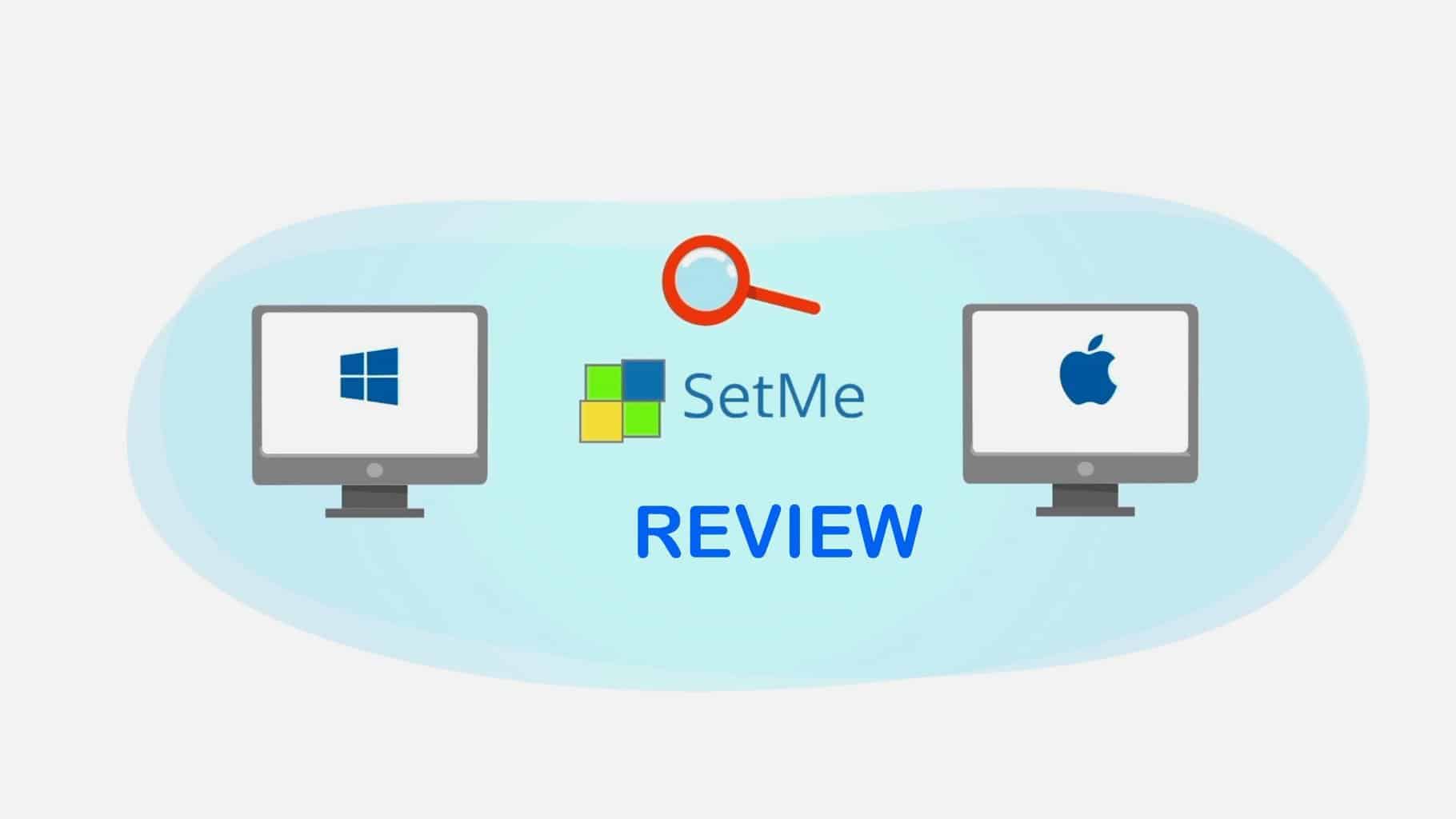

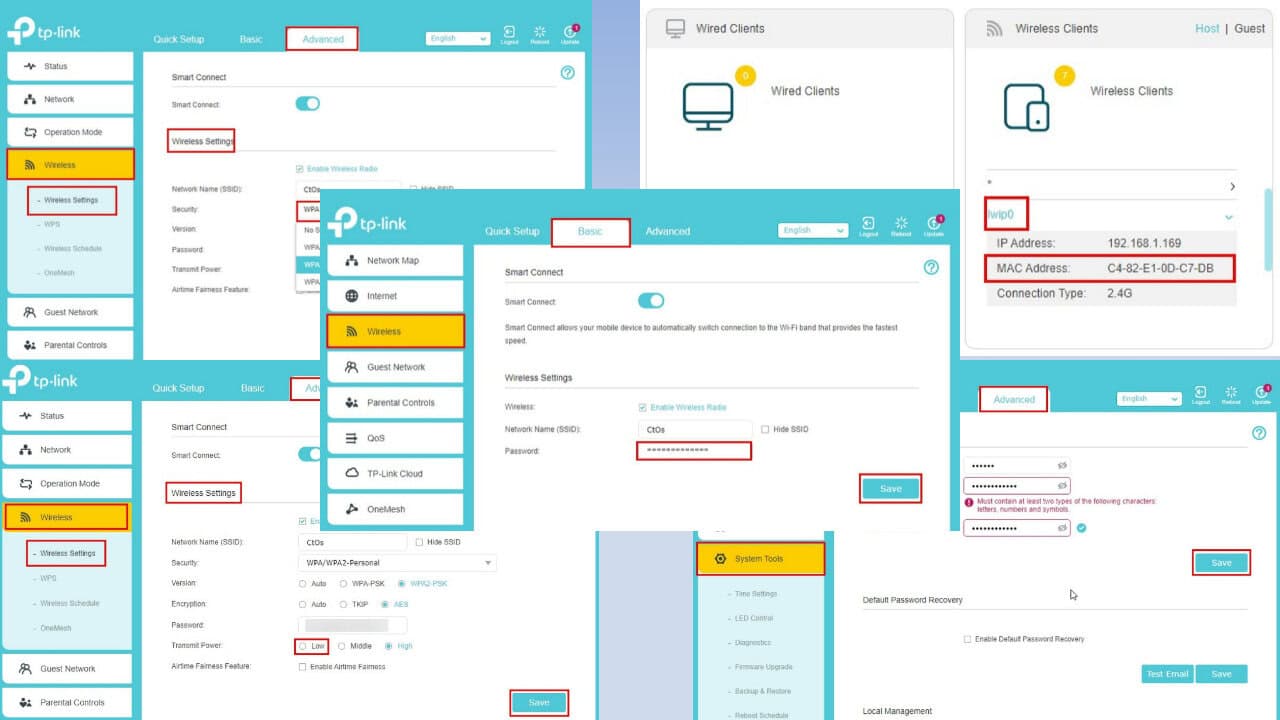
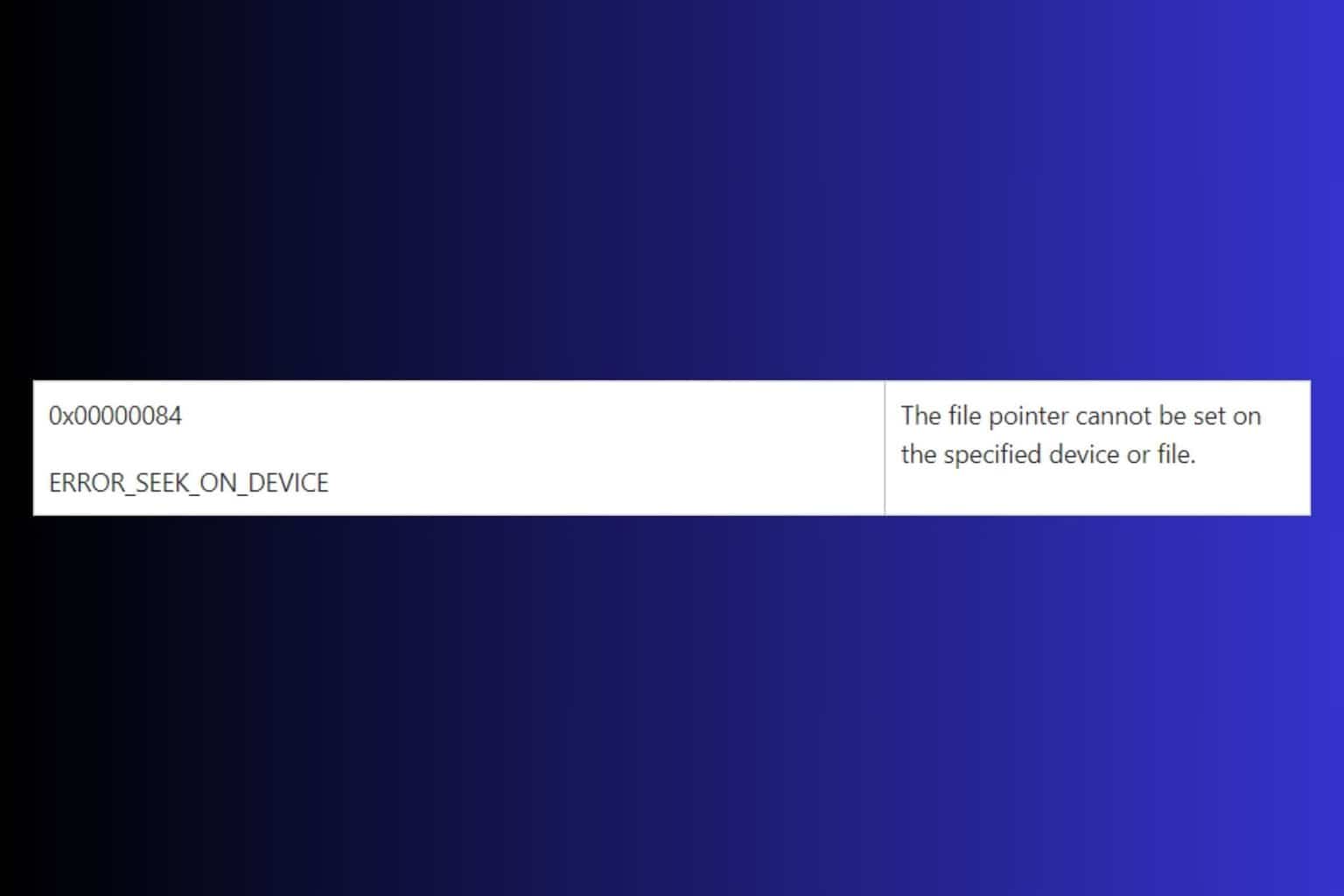
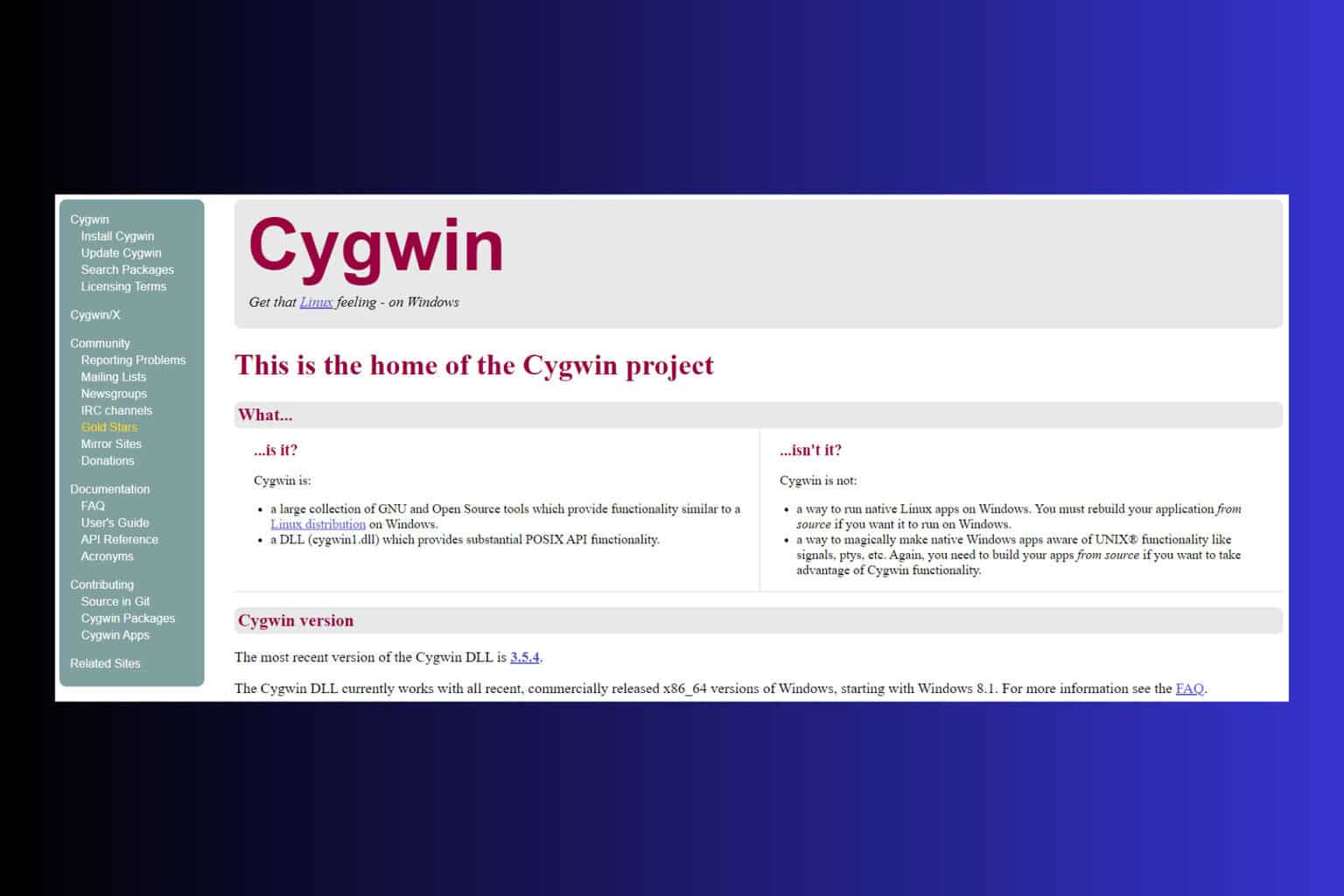
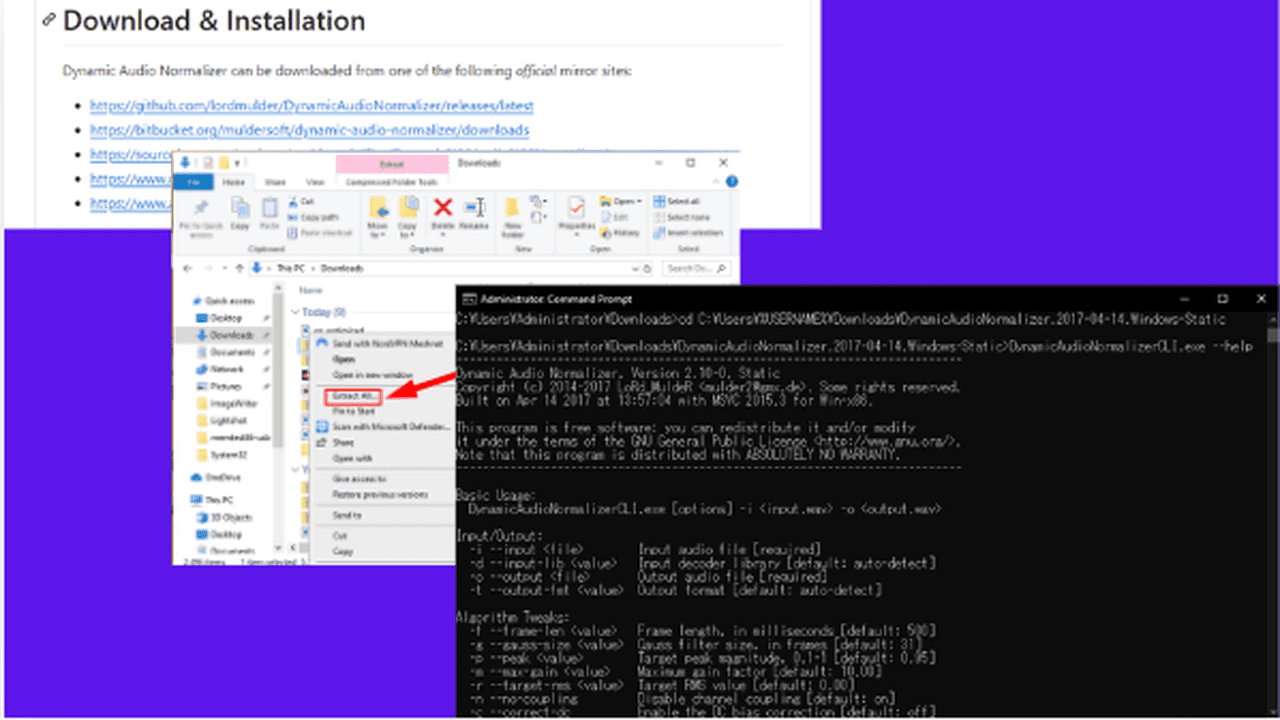
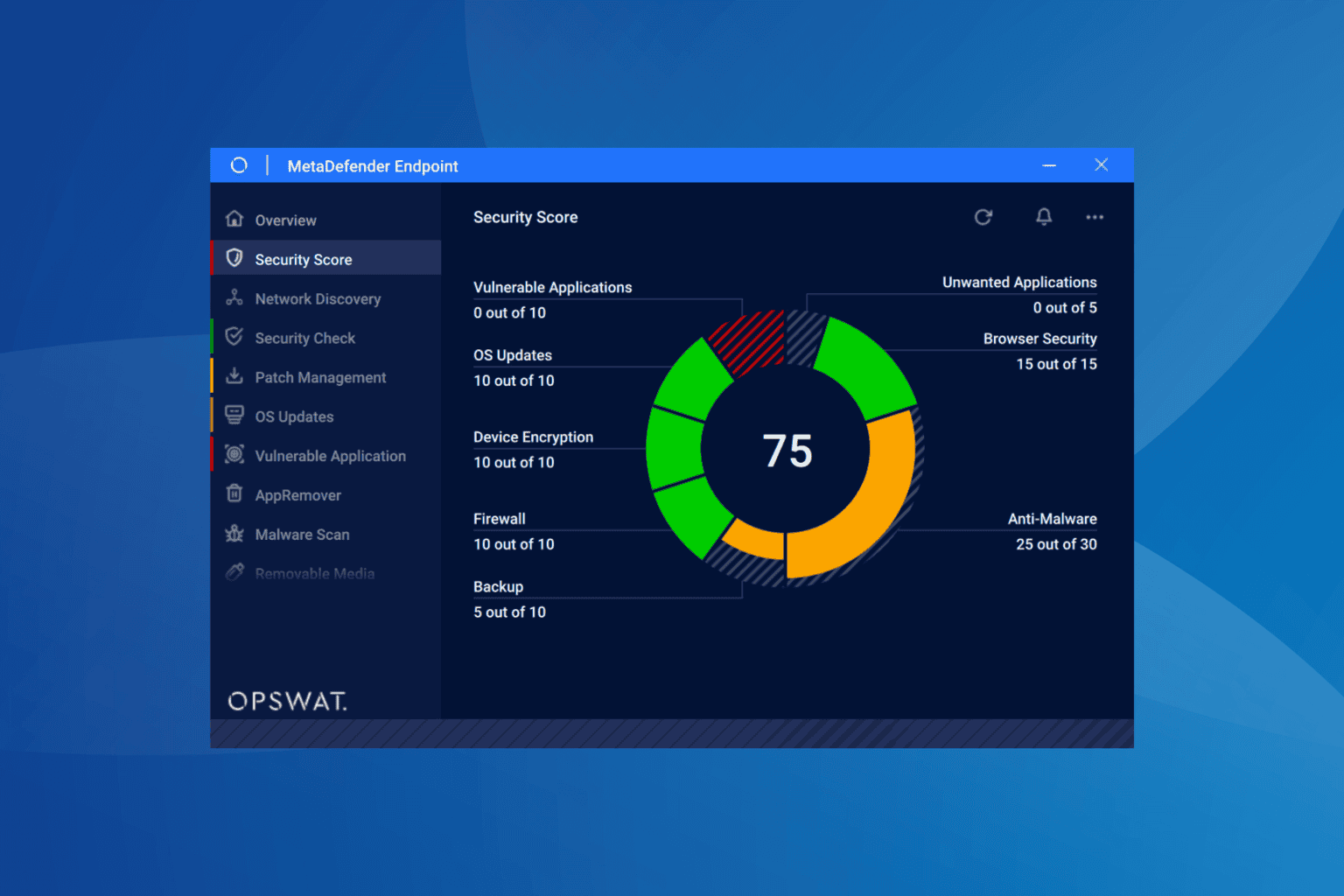

User forum
0 messages